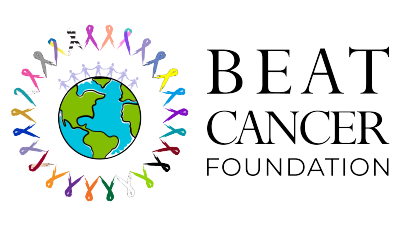
N-Acetyl Cysteine - NAC

NAC the over-the-counter decongestant is turning heads in the realm of cancer research.
N-Acetyl Cysteine, commonly known as NAC, is an over-the-counter decongestant that is turning heads in the realm of cancer research. Although it may appear to be a conventional medicine, emerging evidence suggests its potential 'off-label' use to restrict a tumor's capability to fuel itself by inhibiting a critical 'transporter protein' called MCT4.
Groundbreaking clinical trials on breast cancer patients in America have highlighted the impressive potential of NAC, an affordable and readily available supplement, to starve cancer tumors. Spearheading the research was The Sidney Kimmel Cancer Center at Thomas Jefferson University, Philadelphia.
A prevailing theory suggests that cancer cells within a tumor 'stroma' – an area brimming with a combination of cell types including fibroblasts, immune cells, and blood vessels – rely on MCT4, a 'transporter' protein, to siphon off energy-rich lactate from surrounding cells, enhancing their own survival and growth.
However, the tables may be turning with NAC, which has been shown to not only potentially inhibit precancerous conditions but also detoxify the liver. It's now suggested that this humble compound could exert a direct and limiting effect on cancer tumors.
A pilot study from the Sidney Kimmel Cancer Center discovered that the highest permissible dose of NAC, typically used as a decongestant, exerted anti-proliferative effects in breast cancer patients awaiting surgery (1). Remarkably, this antioxidant hindered the lactate transporter MCT4 by up to 80%, while also causing a significant 25% reduction in the cancer marker K167.
The tumor stroma, often comprising cell membranes, fibroblasts, extracellular matrix, immune cells, and blood vessels, can suppress tumors initially. However, during malignancy, it changes its allegiance, encouraging tumor growth, invasion, and metastasis.
Stromal MCT4 levels are often elevated in aggressive cancers, hinting at poorer survival rates. The recent study showed an 80% reduction in MCT4 levels in patients receiving high doses of NAC, thereby curtailing the cancer cells' energy supply from neighboring lactate.
The trailblazing research team, led by Professor Michael Lisanti of the University of Salford and Dr. Ubaldo Martinez-Outschoorn in the USA, conducted a 'window trial' on a small group of 12 patients. Despite the limited size, the results were consistent. Patients were administered maximum daily doses of NAC for three weeks between diagnosis and surgery. Tumor tissue biopsies were taken before and during surgery, while post-surgery MCT4 and K167 levels were measured.
These compelling findings, which documented an 80% reduction in MCT4 levels and a 25% decrease in K167, a marker for breast cancer growth, were published in Seminars in Oncology (1).
Typically, clinical studies use 600 mg/day of NAC as an effective dose. However, it's important to note that a small percentage of individuals may experience side effects such as stomach upset, low blood pressure, drowsiness, and headaches.
Reference
“Knowing all your treatment options could be life-saving!”
Location
Sheridan, WyomingTogether, we can beat cancer
Thank you for your interest in the Beat Cancer Foundation. We are here to support you every step of the way in your cancer treatment journey. Please fill out the form below, and our team will be in touch with you shortly. Together, we can beat cancer. (307) 291-0991

